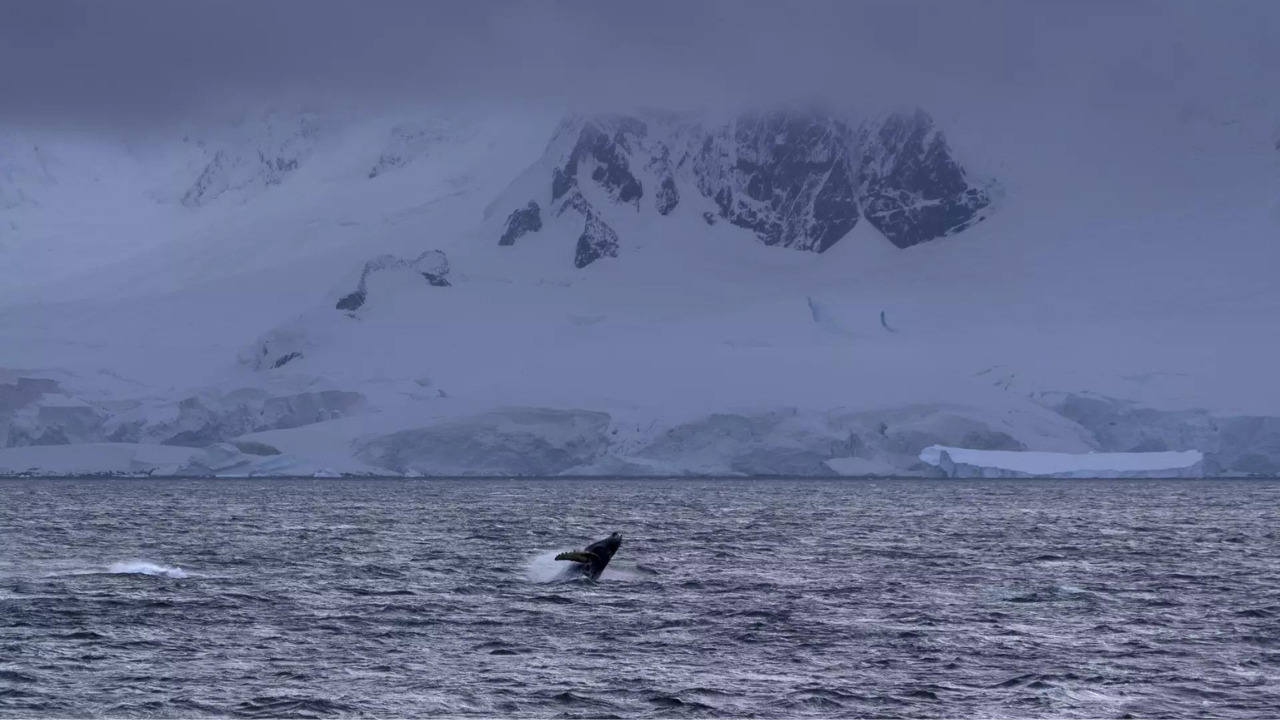[ad_1]
NEW DELHI: In a recent discovery, scientists have found that a type of zooplankton, known as rotifers, commonly found in marine and freshwater environments, has the ability to ingest and break down microplastics, reported The Guardian.
However, this revelation introduces a new concern as these tiny creatures may actually be exacerbating the plastic threat by transforming the particles into thousands of smaller and potentially more hazardous nanoplastics.
Rotifers, named for the whirling wheel of cilia around their mouths, were observed to generate between 348,000 and 366,000 nanoplastics—particles smaller than one micrometre—each day. Despite their microscopic size, these creatures are abundant, with up to 23,000 individuals found in one litre of water in a single location.
While plastic typically takes up to 500 years to decompose, it breaks down into smaller pieces over time. The research, led by the University of Massachusetts Amherst, focused on investigating the role of aquatic life in microplastic creation.
In 2018, Antarctic krill were discovered to break down polyethylene balls into fragments smaller than one micrometre, prompting scientists to explore whether rotifers, with their specialized chewing apparatus similar to krill, could also contribute to plastic breakdown.
The study revealed that in Poyang Lake, the largest lake in China, rotifers were generating a staggering 13.3 quadrillion plastic particles every day. This insight into the role of rotifers in microplastic production raises concerns about the potential consequences of these smaller plastic particles on aquatic ecosystems.
“Whereas Antarctic krill live in a place that is essentially unpopulated, we chose rotifers in part because they occur throughout the world’s temperate and tropical zones, where people live,” Xing, the paper’s senior author told The Guardian.
Xing said the work was just the first step.
“We need the scientific community to determine how harmful these nanoplastics are. We need to look at other organisms on land and in water for biological fragmentation of microplastics and collaborate with toxicologists and public health researchers to determine what this plague of nanoplastics is doing to us,” he added.
However, this revelation introduces a new concern as these tiny creatures may actually be exacerbating the plastic threat by transforming the particles into thousands of smaller and potentially more hazardous nanoplastics.
Rotifers, named for the whirling wheel of cilia around their mouths, were observed to generate between 348,000 and 366,000 nanoplastics—particles smaller than one micrometre—each day. Despite their microscopic size, these creatures are abundant, with up to 23,000 individuals found in one litre of water in a single location.
While plastic typically takes up to 500 years to decompose, it breaks down into smaller pieces over time. The research, led by the University of Massachusetts Amherst, focused on investigating the role of aquatic life in microplastic creation.
In 2018, Antarctic krill were discovered to break down polyethylene balls into fragments smaller than one micrometre, prompting scientists to explore whether rotifers, with their specialized chewing apparatus similar to krill, could also contribute to plastic breakdown.
The study revealed that in Poyang Lake, the largest lake in China, rotifers were generating a staggering 13.3 quadrillion plastic particles every day. This insight into the role of rotifers in microplastic production raises concerns about the potential consequences of these smaller plastic particles on aquatic ecosystems.
“Whereas Antarctic krill live in a place that is essentially unpopulated, we chose rotifers in part because they occur throughout the world’s temperate and tropical zones, where people live,” Xing, the paper’s senior author told The Guardian.
Xing said the work was just the first step.
“We need the scientific community to determine how harmful these nanoplastics are. We need to look at other organisms on land and in water for biological fragmentation of microplastics and collaborate with toxicologists and public health researchers to determine what this plague of nanoplastics is doing to us,” he added.


